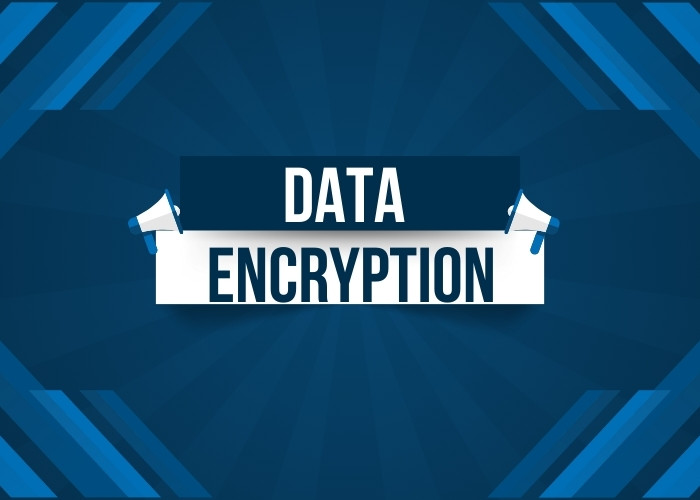The Ultimate Guide to Data Encryption: Effective Information Protection

1. What is Data Encryption?
Data encryption is the process of converting information into a code to prevent unauthorized access. This ensures that only those with the appropriate decryption key can read the data, safeguarding it from unauthorized parties.
2. Why is Data Encryption Important?
- Protects Personal Information: Encryption secures personal data like credit card numbers and medical records from being exposed.
- Regulatory Compliance: Many laws and regulations mandate data encryption to ensure security.
- Prevents Unauthorized Access: Encryption minimizes the risk of data being accessed or altered by unauthorized individuals.
3. Methods of Data Encryption
Symmetric Encryption
This method uses the same key for both encryption and decryption. Common algorithms include AES (Advanced Encryption Standard).
Asymmetric Encryption
This method uses a pair of keys: a public key for encryption and a private key for decryption. RSA (Rivest-Shamir-Adleman) is one of the most well-known algorithms.
4. Practical Applications of Encryption
Encryption in Data Transmission
Data transmitted over the internet is vulnerable to theft. Using SSL/TLS to encrypt data during transmission ensures that only the correct server and browser can read the information.
Encryption of Stored Data
Data stored on hard drives, mobile devices, or servers needs encryption to protect against unauthorized access. Tools like BitLocker and FileVault are popular on Windows and macOS for this purpose.
5. Key Encryption Standards
- AES (Advanced Encryption Standard): Considered the gold standard for data encryption.
- RSA (Rivest-Shamir-Adleman): Widely used for asymmetric encryption.
- SSL/TLS: Ensures secure data transmission over the internet.
6. Challenges of Data Encryption
- Key Management: Protecting encryption keys is crucial; if the key is compromised, the encrypted data is no longer secure.
- Performance: Encrypting and decrypting data requires computational resources, which can impact system performance.

7. Conclusion
Data encryption is a vital tool for protecting information in the digital age. By understanding and implementing appropriate encryption methods, organizations and individuals can safeguard their data from threats and comply with security regulations.
Investing in data encryption not only protects sensitive information but also builds trust with customers and partners. Start applying encryption today to ensure your data security!


